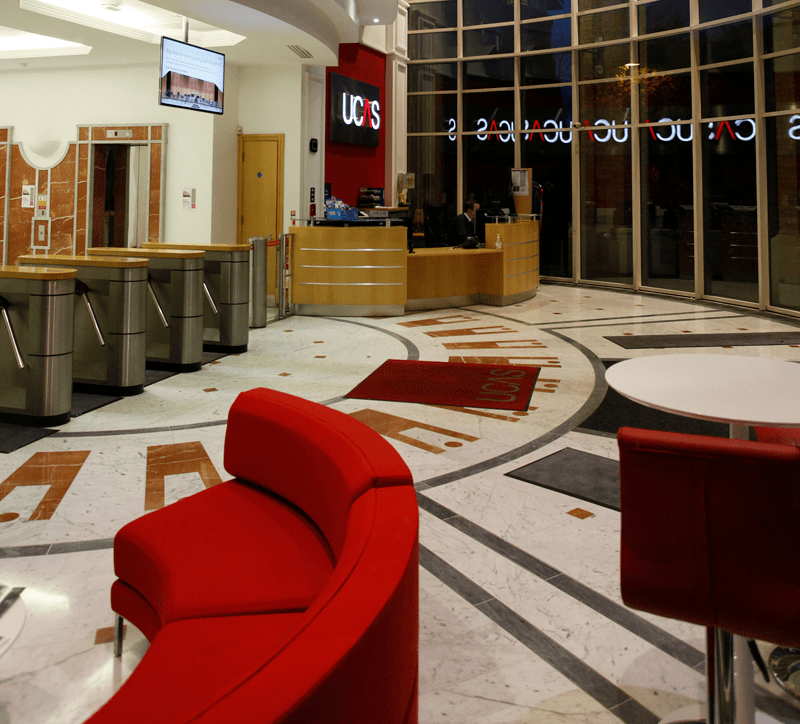The author, Mark Woodfield, is the Head of Technology Development for UCAS
Three million applications from over 700,000 UK, EU, and international students. That’s the volume of enquiries the Universities and Colleges Admissions Service (UCAS) has to deal with each year. With such a large volume of enquiries, and with an audience that is more tech-savvy than most, how do you keep up with the rapid pace of change in the marketplace?
Before I dig into the problem, for those who don’t know, if you want to go to a university in the United Kingdom, your application is very likely to be processed through UCAS, the equivalent of the Common Application in the U.S. We also deliver a wide range of research, consultancy, and advisory services to schools, colleges, careers services, professional bodies, and employers.
As the Head of Technology Development for UCAS, my responsibility is to support and deliver UCAS’ Technology Strategy, with an emphasis on implementing cultural change, and building a responsive capability to meet our dynamic business needs. UCAS’ mission is to inspire and facilitate progression in education through information and admissions services. But as each of our service areas were historically supported via separate technology stacks, we couldn’t always deliver new functionality and services quickly.

How do we address this new level of customer expectation?
To allow us to be more agile, we have set a vision to move to a more composable organisation. This will involve modular technology architecture so capabilities can be reused across various service offerings. Rather than delivering project after project after project, UCAS developers will now create projects made of services connected with APIs, the components of which can be reused throughout the business. This will create an internal API economy which will promote teams to work cross-functionally. Developers outside of the central IT department will be able to discover, use, and self-serve the reusable assets so UCAS can deliver more.
We are partnering with MuleSoft on this journey by using Anypoint Platform to take a design-first approach to how we create, manage, and organize our assets. This will also support UCAS’ mobile-first approach to web development, which is critical to meet user expectations, who, not surprisingly, are very interested in accessing its services via their mobile phone. By breaking down these silos and streamlining integration through API-led connectivity, UCAS will harness the power of the API economy of reusable capabilities to promote teams to work cross-functionally.
Deciding to go to university is a major life decision. Working with MuleSoft, UCAS is committed to making the application process as straightforward as possible. We have the vision, we have the tools, and we’re always on the hunt for fresh talent to help us. If you’re interested in a career at UCAS, check out our latest postings. I’m excited to update you on our journey as it progresses.
Want to learn more? Explore our solutions and see how MuleSoft helps harness digital transformation in higher education.









